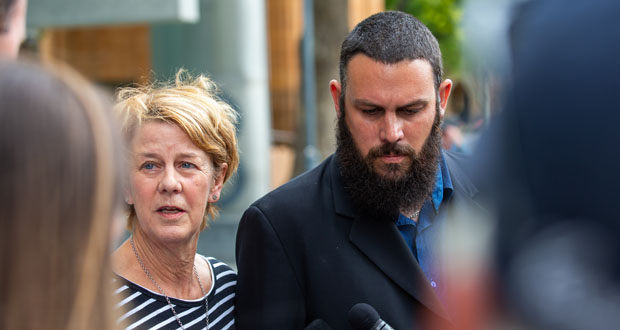Industry & ReformNewsTop Stories
The first witnesses are called: royal commission Monday

“I’m sure if I had taken Bob to the Royal Adelaide Hospital in the state he was in, I would have been reported to the police."
Please login below to view content or subscribe now.





